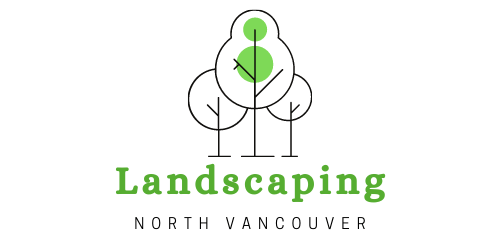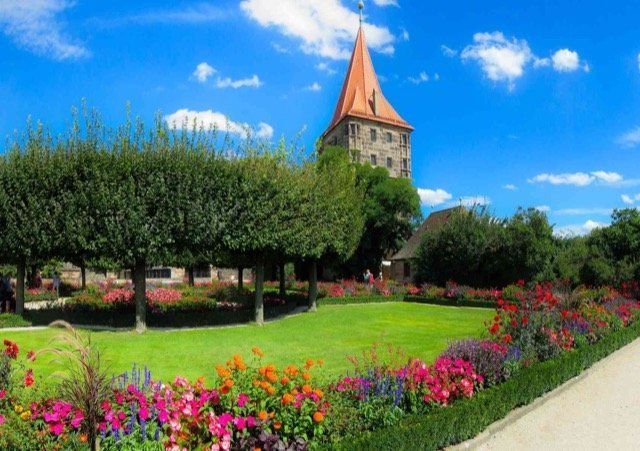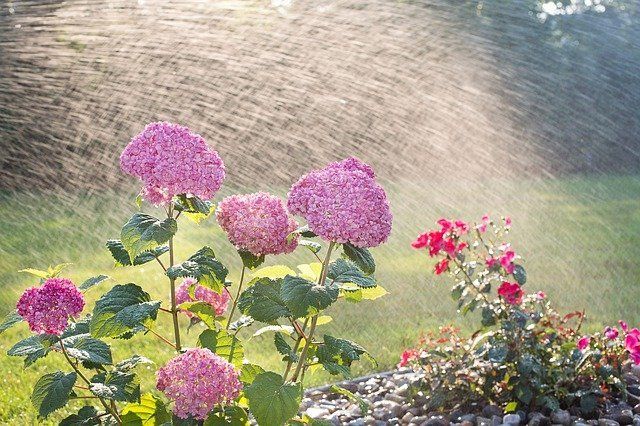What Planting Zone Is North Vancouver In?
What Planting Zone Is North Vancouver In?
When choosing plants, trees, and shrubs for a landscape or garden, it is important to choose greenery that is well suited to the climate you live in. For perennial plants, one of the most important considerations is a species’ cold tolerance. If your climate gets too cold or stays cold for too long, certain plants will not last long in your landscape regardless of how well you water them and maintain their soil.
Plant hardiness zones are one of the easiest ways to tell if a certain type of plant will thrive where you live. Zones are numbered from 1 to 13 based on the lowest temperatures generally experienced in that area, with 1 being the coldest and 13 being the warmest. Zones are further differentiated by adding an “a” or a “b” after the zone number, with “a” zones having slightly colder winters than “b” zones.
North Vancouver is in zones 7b and 8a. This means that our average minimum winter temperatures are between -15°C and -9.5°C. While much of Canada has colder winters, North Vancouver’s winters are tempered by its proximity to the coast. This allows us to grow many trees, shrubs, and vines that our inland neighbors can only enjoy in photographs!
Many gorgeous perennials thrive in zones 7 and 8, bringing life to our landscapes all year long. The berries that grow on holly bushes are a classic way to add color to winter landscapes, while trees like weeping cherries or Japanese maples can add shape and texture. Vines like winter jasmine can add additional visual appeal to a winter garden, and lavender and lenten roses will remain green even when there is snow on the ground. Rhododendrons and camellias are shrubs that will also stay green year round. Plants like dogwood may lose their leaves, but their interesting bark makes them a great addition to a landscape even in the winter.
For annual plants, the lowest winter temperatures are not as important as the length of the growing season. North Vancouver also enjoys a longer growing season than its inland neighbors. Our last frost usually occurs in mid-April, and our first frost does not generally occur until mid-November. This gives us a full seven months to plant, tend, and enjoy the annual plants in our gardens. Our growing season temperatures are perfect for a wide variety of flowers, herbs, and vegetables - as long as you pay attention to the last frost dates, the possibilities for your summer garden are nearly endless!
The examples listed here are just a few of the plants that thrive in planting zones 7 and 8. When shopping for plants, always check the planting dates and zones given on the seed packages or sapling containers. With a moderate climate and a long growing season,
lawn care gardeners and landscapers in North Vancouver are sure to find more suitable plants than they have room to grow!
Still have questions?
Our landscaping experts are here to help!
You might also like
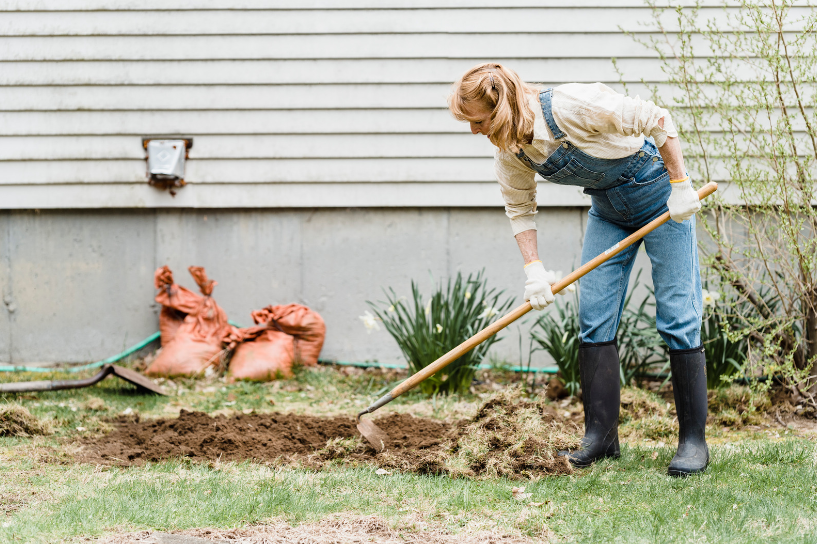
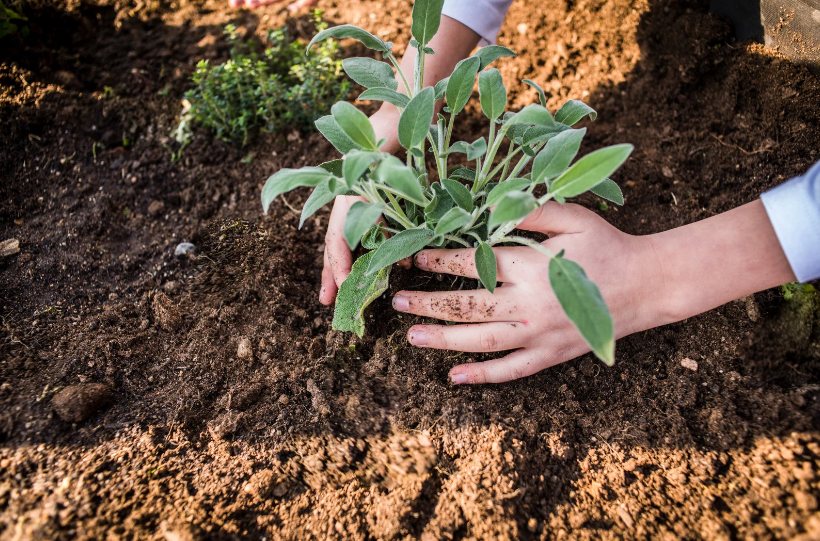
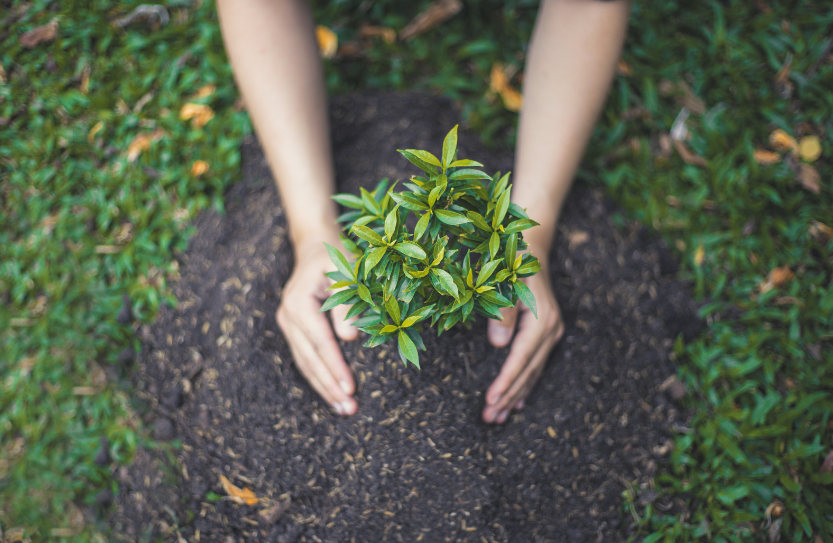
Get A Free Quote!
